“Throughout the history of the European Union, there have been over fifty referendums regarding joining and staying in the EU, approving the terms, and introducing the euro. Seventy percent of these resulted in a “yes” answer,” said constitutional lawyer Zoltán Lomnici Jr. in answer to the question of what tendency the government’s referendum on child protection belongs to. The Századvég Foundation researcher noted that Hungary has had seven referendums so far, and since the National Election Office approved the government’s questions,
it’s up to the President to announce this eighth referendum.
“In Western societies, sensitization is going full steam ahead, and Viktor Orbán is trying to protect Hungarians from this tendency. And LGBTQ propaganda that primarily targets children must be prevented as soon as possible; because this is a priority issue, the government expects confirmation from the people,” explained the constitutional lawyer, justifying the need for a referendum.
Referendum with double standards
Vajk Farkas, Senior Researcher of the Center for Fundamental Rights, told our paper: the current referendum on the child protection law is a testament to the healthy functioning of rule of law in Hungary. “There is a question of our nation’s destiny, on how we should protect our children – and our government’s position on this is being attacked by many from within and beyond our borders. The democratic thing would be for the people to express their opinion directly on the issue, and for the government to continue acting in accordance with the will of the people,” added the Researcher, who believes that despite the conduct in line with democratic values, it’s not evidence at all form Western European governments.
“Because the people do not always decide how the ‘progressives’ would like, the demonization of the referendum and labelling it populist has become more prevalent in European thinking”
– said Vajk Farkas.
The Center for Fundamental Rights employee reminded that the questions on the Hungarian child protection referendum are not unfamiliar in the European arena either: in 2013 a referendum was held in Croatia over whether marriage could only take place between a man and a woman. Though the referendum was void, around sixty-six percent of voters agreed with the statement.
Six years ago, there was an invalid referendum held in Slovakia on same-sex marriage and adoption as well as sexual education in schools. All three issues were clearly rejected with ninety percent disagreement. It comes as no surprise that while the Irish referendum on abortion and same-sex marriage was welcomed by the ‘progressive’ media and elite, the Croatian and Slovak cases were derided for even putting such issues up for referendum, and celebrated that they were invalid”
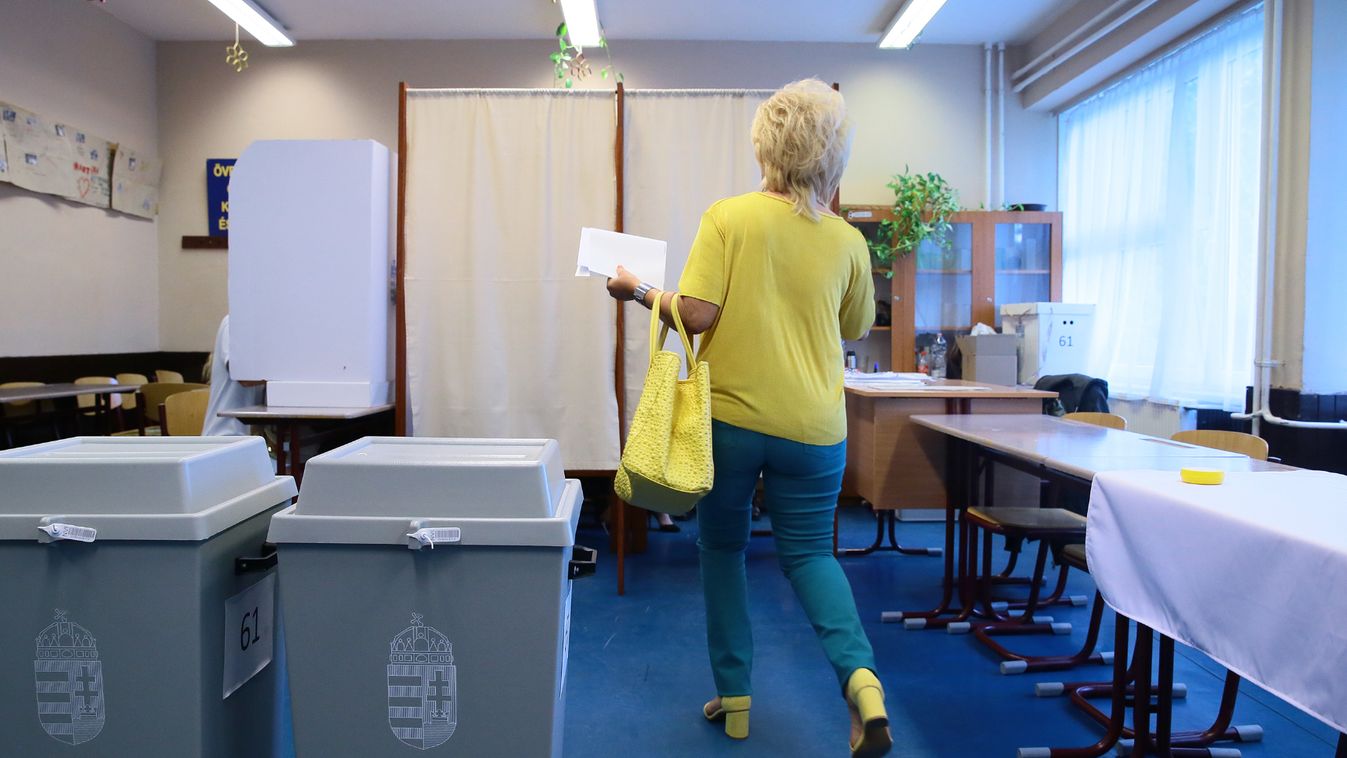
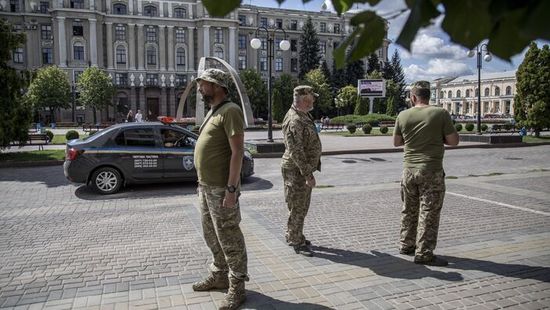

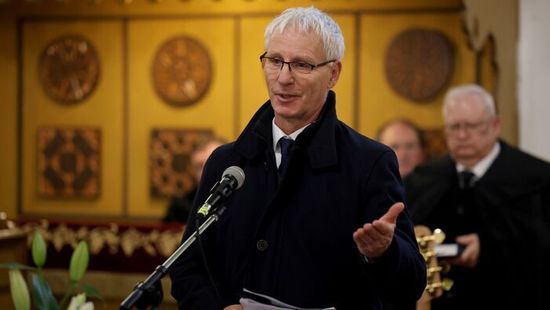
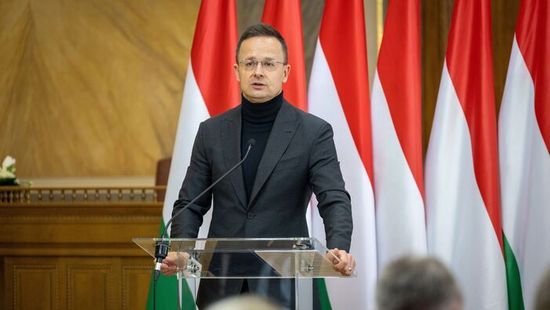



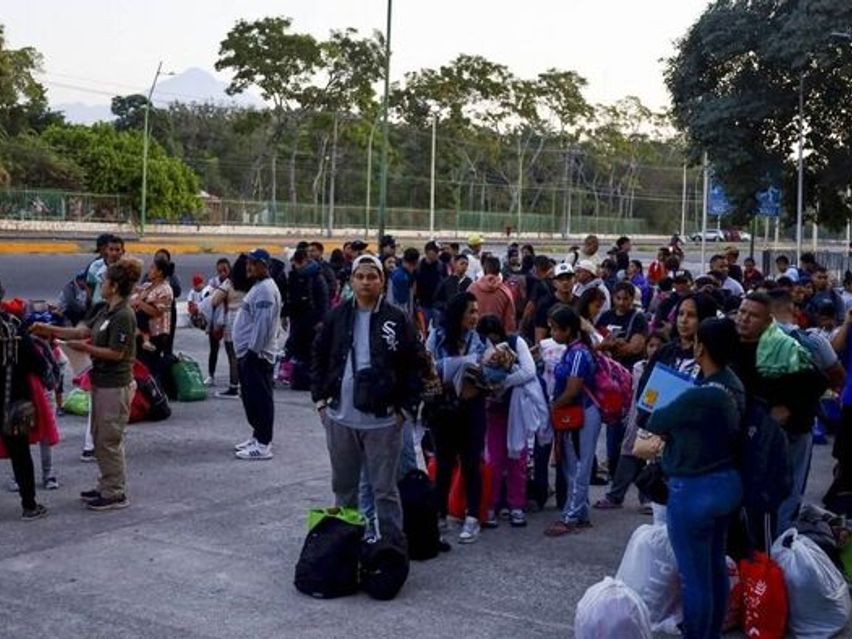







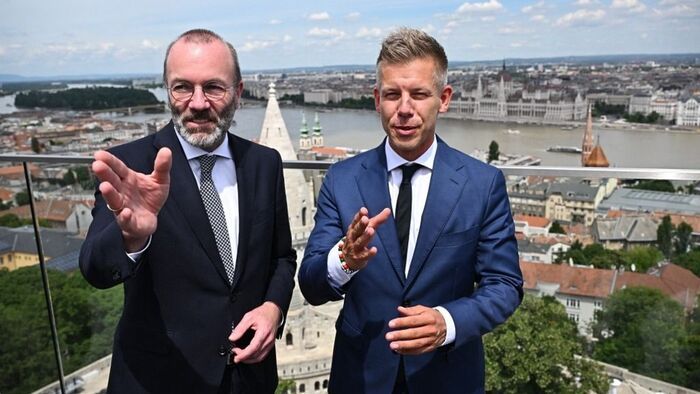


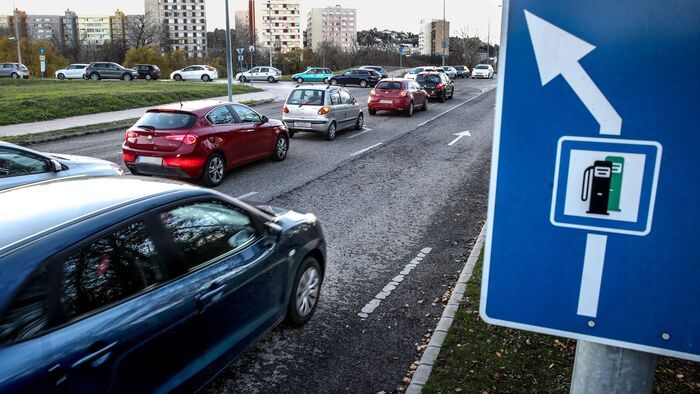


Szóljon hozzá!
Jelenleg csak a hozzászólások egy kis részét látja. Hozzászóláshoz és a további kommentek megtekintéséhez lépjen be, vagy regisztráljon!